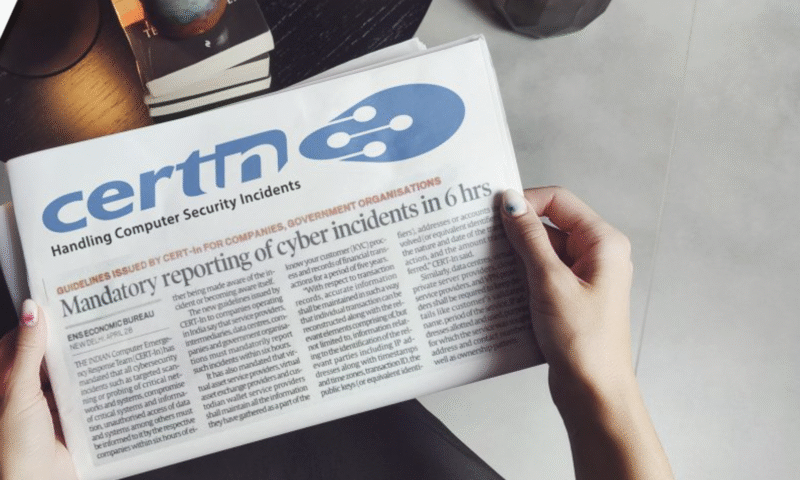
[CIVN-2025-0214] Multiple Vulnerabilities in Schneider Electric
—–BEGIN PGP SIGNED MESSAGE—–
Hash: SHA256
Multiple Vulnerabilities in Schneider Electric
Indian – Computer Emergency Response Team (https://www.cert-in.org.in)
Severity Rating: MEDIUM
Software Affected
ATV630/650/660/680/6A0/6B0/6L0 Altivar Process Drives- All versions
ATV930/950/955/960/980/9A0/9B0/9L0/991/992/993-Altivar Process Drives -All versions
ILC992 InterLink Converter- All versions
ATV340E Altivar Machine Drives- All versions
ATV6000 Medium Voltage Altivar Process Drives- All versions
ATS490 Altivar Soft Starter- All versions
VW3A3720 & VW3A3721 Altivar Process Communication Modules- All versions
VW3A3530D: ATVdPAC module Versions prior to v25.0
Saitel DR RTU versions 11.06.29 and prior
Saitel DP RTU versions 11.06.33 and prior
Overview
Multiple vulnerabilities have been reported in Schneider Electric products which could allow an attacker to bypass security controls, access sensitive information through the victim¿s browser, perform cross-site scripting (XSS) attacks, execute arbitrary commands, and potentially compromise the targeted system.
Target Audience:
All organizations and individuals using the affected Schneider Electric products.
Risk Assessment:
Medium risk of cross-site scripting (XSS) in user browsers and OS command execution during authenticated SSH sessions on Saitel devices.
Impact Assessment:
Potential exposure or modification of data rendered in a victim’s browser, and possible execution of unauthorised OS commands on Saitel devices, depending on the privileges of the account used.
Description
Schneider Electric develops products and solutions for energy management and industrial automation, used across various sectors including residential, commercial, and industrial applications.
The vulnerabilities arise due to insufficient input neutralisation in web page generation (Altivar/XSS) and improper neutralisation of special elements in BLMon commands during SSH sessions (Saitel/OS-CI).
Successful exploitation of these vulnerabilities could allow an attacker to bypass security controls, access sensitive information through the victims browser, perform cross-site scripting (XSS) attacks, execute arbitrary commands, and potentially compromise the targeted system.
Solution
Apply appropriate updates (where available) as mentioned in Schneider Electric advisory, or apply mitigations as suggested:
https://download.schneider-electric.com/files?p_Doc_Ref=SEVD-2025-252-01&p_enDocType=Security+and+Safety+Notice&p_File_Name=SEVD-2025-252-01.pdf
https://download.schneider-electric.com/files?p_Doc_Ref=SEVD-2025-252-02&p_enDocType=Security+and+Safety+Notice&p_File_Name=SEVD-2025-252-02.pdf
Vendor Information
Schneider Electric
https://www.se.com/ww/en/work/support/cybersecurity/security-notifications.jsp
References
https://download.schneider-electric.com/files?p_Doc_Ref=SEVD-2025-252-01&p_enDocType=Security+and+Safety+Notice&p_File_Name=SEVD-2025-252-01.pdf
https://download.schneider-electric.com/files?p_Doc_Ref=SEVD-2025-252-02&p_enDocType=Security+and+Safety+Notice&p_File_Name=SEVD-2025-252-02.pdf
CVE Name
CVE-2025-7746
CVE-2025-9996
CVE-2025-9997
– —
Thanks and Regards,
CERT-In
Incident Response Help Desk
e-mail: incident@cert-in.org.in
Phone: +91-11-22902657
Toll Free Number: 1800-11-4949
Toll Free Fax : 1800-11-6969
Web: http://www.cert-in.org.in
PGP Fingerprint: A768 083E 4475 5725 B81A A379 2156 C0C0 B620 D0B4
PGP Key information:
https://www.cert-in.org.in/s2cMainServlet?pageid=CONTACTUS
Postal address:
Indian Computer Emergency Response Team (CERT-In)
Ministry of Electronics and Information Technology
Government of India
Electronics Niketan
6, C.G.O. Complex
New Delhi-110 003
—–BEGIN PGP SIGNATURE—–
iQIzBAEBCAAdFiEE6r4Iam/Ey0c/KakL3jCgcSdcys8FAmjJcJoACgkQ3jCgcSdc
ys8rwBAAgWJ7IY7jIYAcjmiYp5qn8HoHMS37KYB/IXswlh0pA/p6S1RRKNv1BIz+
b87aY/4go9DEL9fh34/NOJxgHTp9nAa7Z466jA/TQV3EJ41phTjjjrs+mtLDJRsI
tD7BON1NN4nl73XAFu8yEvzCXD6cFQMLxP9HAOmfNJ26DlVmzhYHbMZReKxipG7d
BsUWLHyagmA0CECCrABWpxWo/6ZJwvycBYVjRGP0h7TUQQdPDuodmehH13JeN1nM
l7yH/XU8pPJ733P2CeHUOG31LyCvZp8O51vCRRQhLQmLwvTUpkCDyljRMEzCVmOB
tCD19wKsN0FDgfCx+dJXNEjvTo/LpZ1obaL1K74MFyo75FBP9K9otkZHGofKwGTM
RIgtoooG8oJtbo/ByE24kMfj/GxFh6WfcVlWWybVK8j/oVsBqsZ3j8usn6Fa24lf
rHhD5rXpTQRDlAi0F1d1SkHxJwpDDELbw62KcvOtTfnLaw08CIcMqSRl7l0nf8Ng
jd1mAdVIwdCPL47Fcw1OIBG2MbgySluD6YDJ16YoAg/L5gj8wsjV6I47srG61JdK
OMkOhlISQu+NuXqwyE0VK4cgH1j7ow5uNYvuktJIqr9DK24LKGAXYfLOm4r6hI+d
XmeHRd3xkPwe7RbNlpctu/v+owmf5Ov6jqhHsO8AP0imOfZWpLQ=
=vsIC
—–END PGP SIGNATURE—–

![[CIVN-2026-0013] Security Restriction Bypass Vulnerability in Microsoft Edge (Chromium-based)](https://teamwin.in/wp-content/uploads/2025/06/certin-new-e1751351599950-500x383.png)

